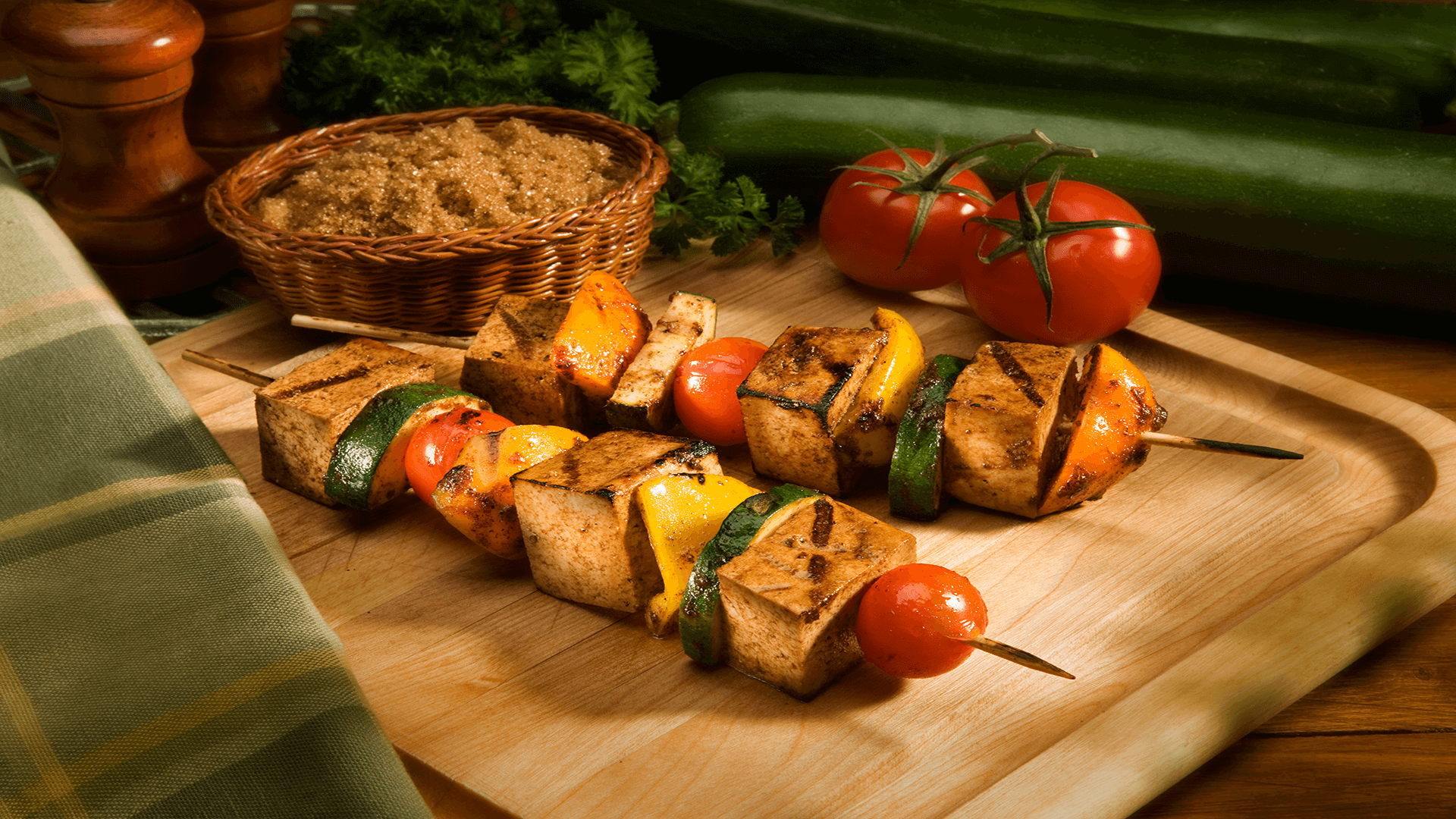Calcium Myths – how do I get my calcium?
Calcium is one of the most important and abundant minerals in the human body. Your bones are living tissue made of a protein-based matrix onto which hard minerals such as calcium and silicon are deposited. The heart, muscles, blood, nerves, cell membranes and bone structures all rely on calcium. The calcium in plant foods is very well absorbed. Just two tablespoons of tahini or five figs deliver almost 200mg of calcium each. Children in Japan, China and other countries consume around 300mg of calcium daily on a plant-based wholefood diet with a fit, active lifestyle and still develop strong, healthy lifelong bones.
Calcium myth #1: You need to take pills to get your calcium
This is totally incorrect. Making dietary changes to increase your intake, uptake, absorption and utilization of calcium is a smart idea but calcium in natural plants should always be the choice for calcium supplementation. The amount of calcium absorbed depends on its interaction with other constituents. Food calcium is nine times more absorbed into the blood than calcium carbonate pills and three times more than calcium gluconate pills. The single most important aspect when eating calcium foods is that it is digested, utilized and retained in the body by getting into the bones, as absorption into the bones is key.
Calcium myth #2: You need to take calcium/magnesium pills in a 2:1 ratio
This is also 100% incorrect. The ultimate bone-building superfood (human breast milk) is at a natural ratio of 10:1. The world’s healthiest older centenarians did not eat foods that were ‘2 parts calcium’ to ‘1 part magnesium’ at the same time and they lived long healthy lives with strong bones without any pills. The Chinese, Polish, Japanese & African Americans have had strong bones for thousands of years without ever taking calcium and magnesium in a 2:1 ratio. The only people who tell you to get your calcium in a 2:1 mix with magnesium are the people selling man-made calcium pills (usually made from b-grade, degreased cow bones, rock or chalk, with added sheep-lanolin-extract). Calcium and magnesium can fight for absorption so eating foods rich in both nutrients spread out through the day is the smartest and easiest solution.
Calcium myth #3: You need to take calcium pills with vitamin D
This is 100% incorrect. Vitamin D is fat soluble, and the body stores it so it is available when required for calcium utilization. Your bone health is about far more than just calcium, magnesium and vitamin D. Vitamin D is the primary biological regulator of calcium metabolism and bone health and with enough vitamin D a healthy body absorbs about 30% of the bioavailable calcium available. Without enough vitamin D the absorption drops to 10%. However, calcium absorption is about way more than just vitamin D.
Calcium works like a team
Calcium absorption, bone re-mineralization and osteoporosis-prevention requires; naturally derived omega-3 and -6 fatty acids, natural food enzymes, vitamin C, vitamin D, vitamin K, proteins, strontium, potassium, glycoproteins, collagen, non-collagenous proteins, conjugated linoleic acid (CLA), serotonin, zinc, manganese, magnesium, copper and phosphorous and more… These nutrients are all highly bioavailable on a plant-based wholefood diet.
What are the best, easiest and healthiest food sources of calcium?
Leafy green vegetables, tofu, parsley, almonds, sardines, sesame seeds, tuna, broccoli, cauliflower, seaweed, sea vegetables, tempeh, turnip greens, romaine lettuce, pinto beans, adzuki beans, oysters, soybeans, watercress, rhubarb, nuts, bok choy or kale are all good sources of highly bioavailable calcium.
For example; Two cups of broccoli contain 300mg of calcium, no saturated fat, lots of healthy fibre and 250mg of vitamin C (which significantly improves calcium absorption). One glass of commercial cow’s milk also contains 300mg of calcium, but it comes with high levels of saturated fat and phosphorus (both of which prevents calcium absorption), and zero amounts of healthy fibre or vitamin C – both of which are required for full calcium absorption.
Summary?
The best way to absorb your calcium, grow strong bones and to prevent osteoporosis is by consuming a varied, healthy, alkaline-rich diet of fruits, vegetables, nuts, seeds, good quality protein, essential fatty acids & soaked, sprouted or fermented wholegrains and legumes. Lifestyle changes include regular outdoor exercise under sunlight (avoiding getting burnt of course), getting enough rest, and avoiding fizzy drinks and acidic refined foods.








